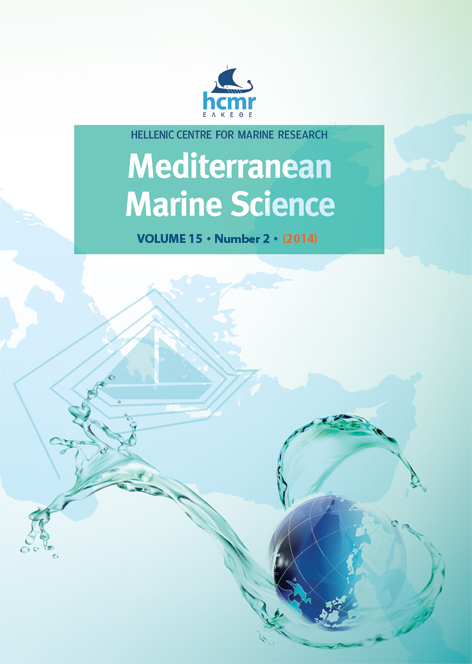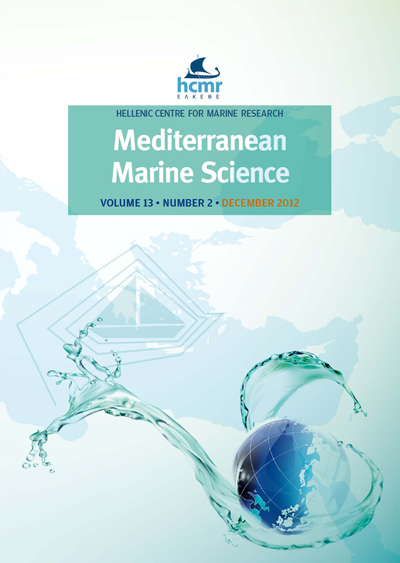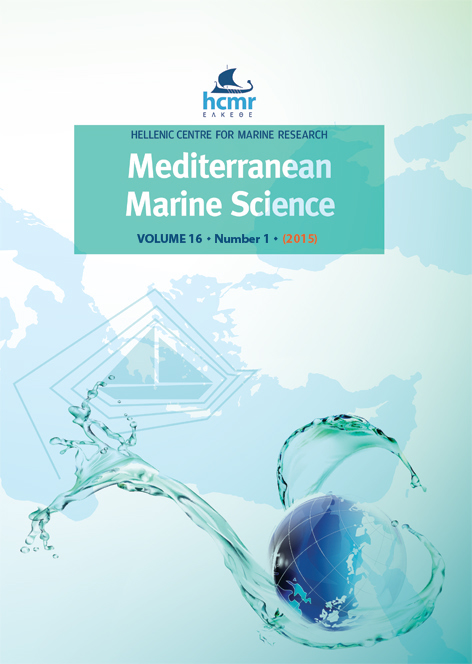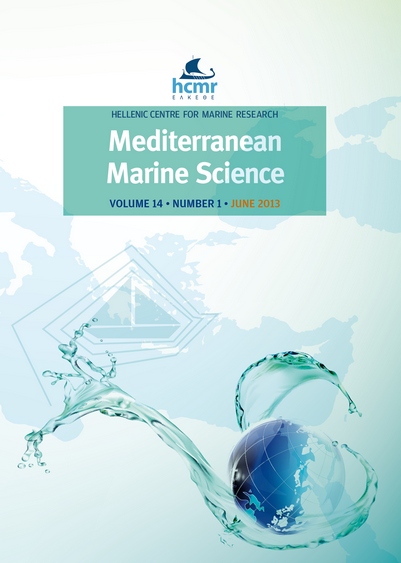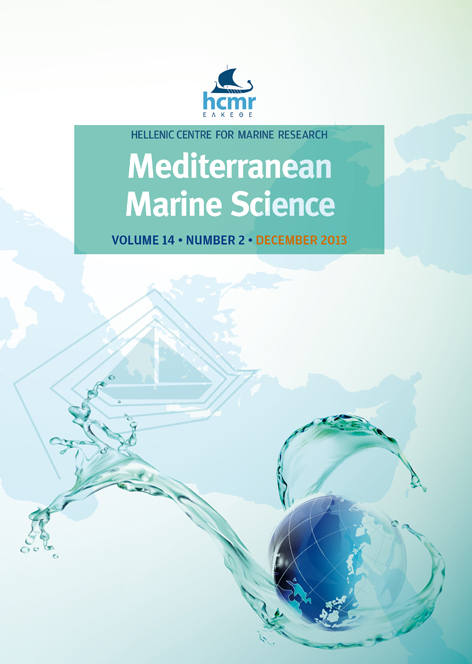Climate change and Mediterranean seagrass meadows: a synopsis for environmental managers
Περίληψη
This synopsis focuses on the effects of climate change on Mediterranean seagrasses, and associated communities, and on the contribution of the main species, Posidonia oceanica, to the mitigation of climate change effects through its role of sequestering carbon dioxide. Whilst the regression of seagrass meadows is well documented, generally linked to anthropogenic pressures, global warming could be a cause of new significant regressions, notably linked to the introduction of exotic species, the rise of Sea-Surface Temperature (SST), and relative sea level. Seagrass communities could also be affected by climate change through the replacement of seagrass species having high structural complexity by species of lower complexity and even by opportunistic introduced species. Although it is currently very difficult to predict the consequences of these alterations and their cascade effects, two main conflicting trends in the functioning of seagrass ecosystems that could occur are acceleration of the herbivore pathway or of the detritivore pathway. The mean net primary production of the dominant species, Posidonia oceanica, is relatively high and can be estimated to range between 92.5 to 144.7 g C m-2 a-1. Around 27% of the total carbon fixed by this species enters the sedimentary pathway leading to formation, over millennia, of highly organic deposits rich in refractory carbon. At the Mediterranean scale, the sequestration rate might reach 1.09 Tg C a-1. The amount of this stored carbon is estimated to range from 71 to 273 kg C m-2, which when considered at the Mediterranean scale would represent 11 to 42% of the CO2 emissions produced by Mediterranean countries since the beginning of the Industrial Revolution. The greatest value of the P. oceanica ecosystem, in the context of mitigation of global climate change, is linked to this vast long-term carbon stock accumulated over the millennia, and therefore, efforts should be focused on preserving the meadows to keep this reservoir intact.
Λεπτομέρειες άρθρου
- Πώς να δημιουργήσετε Αναφορές
-
PERGENT, G., BAZAIRI, H., BIANCHI, C. N., BOUDOURESQUE, C. F., BUIA, M. C., CALVO, S., CLABAUT, P., HARMELIN-VIVIEN, M., MATEO, M. A., MONTEFALCONE, M., MORRI, C., ORFANIDIS, S., PERGENT-MARTINI, C., SEMROUD, R., SERRANO, O., THIBAUT, T., TOMASELLO, A., & VERLAQUE, M. (2014). Climate change and Mediterranean seagrass meadows: a synopsis for environmental managers. Mediterranean Marine Science, 15(2), 462–473. https://doi.org/10.12681/mms.621
- Τεύχος
- Τόμ. 15 Αρ. 2 (2014)
- Ενότητα
- Review Article
Authors who publish with this journal agree to the following terms:
- Authors retain copyright and grant the journal right of first publication with the work simultaneously licensed under a Creative Commons Attribution Non-Commercial License that allows others to share the work with an acknowledgement of the work's authorship and initial publication in this journal.
- Authors are able to enter into separate, additional contractual arrangements for the non-exclusive distribution of the journal's published version of the work (e.g. post it to an institutional repository or publish it in a book), with an acknowledgement of its initial publication in this journal.
- Authors are permitted and encouraged to post their work online (preferably in institutional repositories or on their website) prior to and during the submission process, as it can lead to productive exchanges, as well as earlier and greater citation of published work (See The Effect of Open Access).

